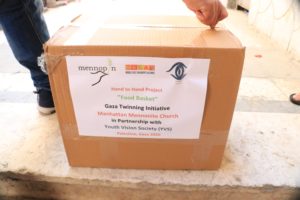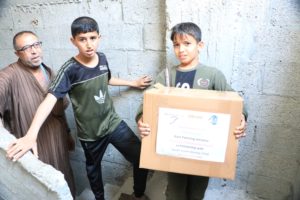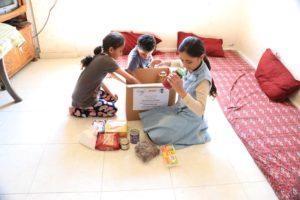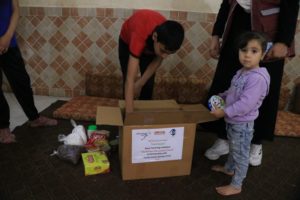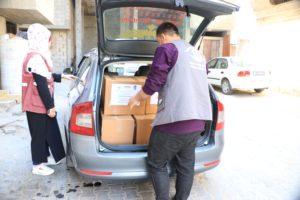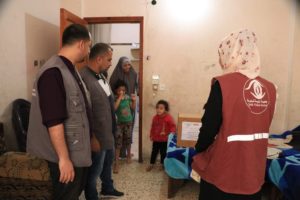Members:
- Bob Atchison
- Micah Wenger
- Esther Koontz
- Michael Poage
-On April 5, 2022, the Task Force hosted a Book discussion event on Beyond the Two State Solution with author Jonathan Kuttab. Click here for the Zoom recording of this event.
5/14/2020: MennoPIN Appeal to help Gaza during Covid-19 crisis
MennoPIN Appeal Letter to help Gaza
Resources:
Cover Letter – WDC Israel Palestine Task Force Newsletter, March 2019 Espanol
WDC Israel Palestine Task Force Newsletter, March 2019 Espanol
Mennonite Church USA Resources
- Resolution: “Seeking Peace in Israel-Palestine”
- Summary of the process of how this resolution came to be
- Endorsements by Church Leaders
- Listing of further resources for study
MennoPIN – “The Mennonite Palestine-Israel Network” – This volunteer group of Mennonites has extensive resources for study and reflection.
Facebook: WDC Israel Palestine Task Force – Keep up-to-date on events in our conference that will help resource our delegates and others before the Orlando convention.
Mennonite Central Committee Palestine and Israel – MCC has been working with Israeli and Palestinian partners for so many years, they have deep understandings of the situation theologically, spiritually, politically and economically.
Make Your Own Hummus – A fun justice initiative
(February 2, 2019) “What Would They Say Now? Encounters with People of the Bible – Six Reflections for Lent” by Friends of Sabeel North America is available for your Lenten study and prayer group now. WDC Israel-Palestine Task Force encourages you to go to: https://www.fosna.org/sites/default/files/Lent2018.pdf to use this powerful resource. “Let us journey through the Scriptures by immersing ourselves in the experiences of particular Biblical characters—in this booklet, Abraham, King Hezekiah, the exiled community in Babylon, Mary of Nazareth, the Magi journeying to Bethlehem, and Jesus on the Mount of Olives—and by subsequently pondering the similarities and differences between the “then” and the “now” in each sacred location. Our own personal experiences of life will help us to connect with the events of that far-away land, regardless of whether we have ever visited or will ever have any plans to travel there. By looking for some small role that each of us can actively fulfill in cultivating holiness in the Holy Land, that is, by promoting the growth of justice and compassion there, we can maintain a close relationship with the environment in which the Lord God chose to reveal the divine will to humanity.” —Carole Monica Burnett & Diane Dublin, FOSNA Theology Committee
